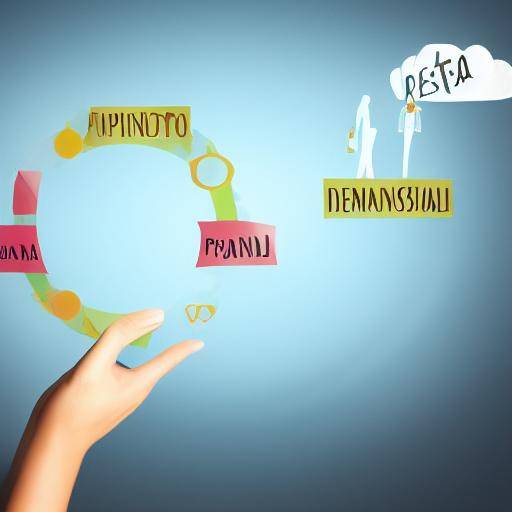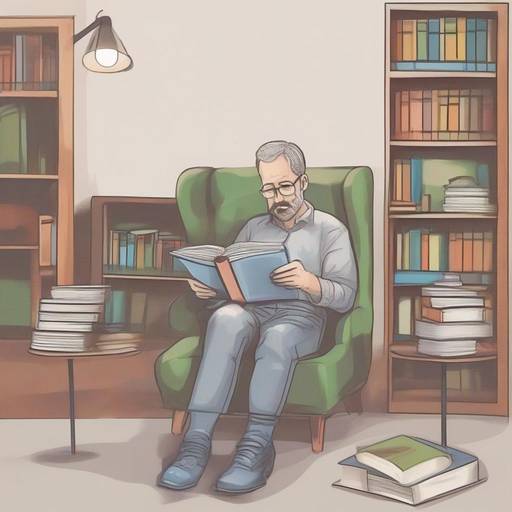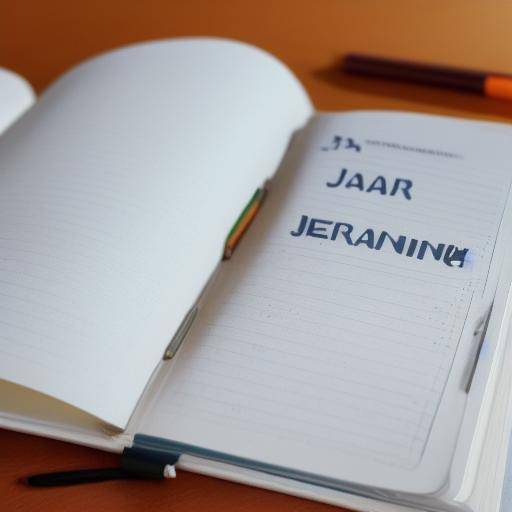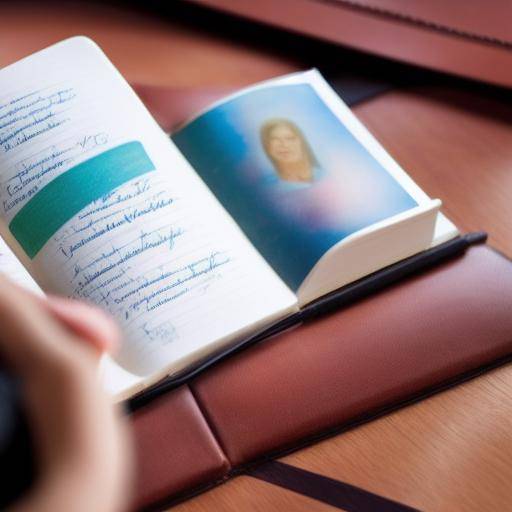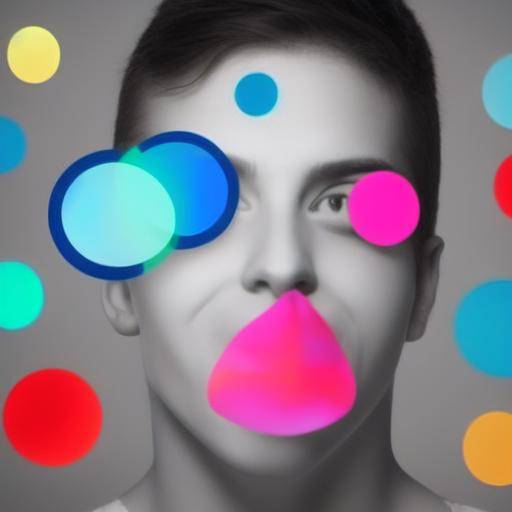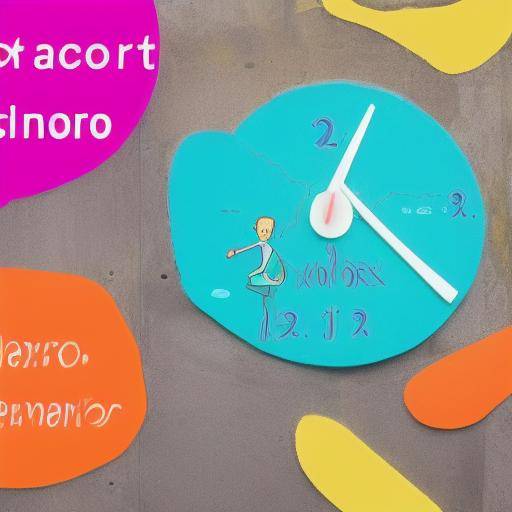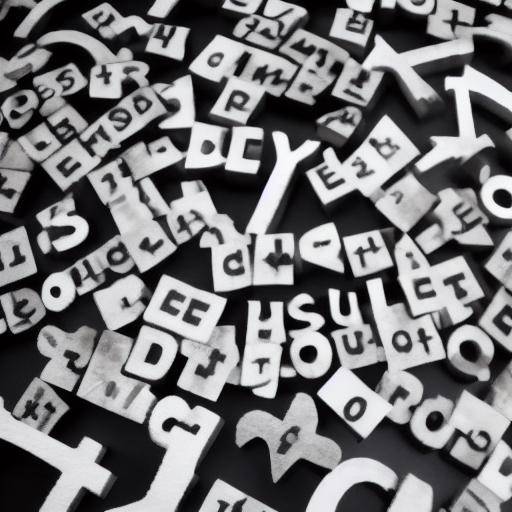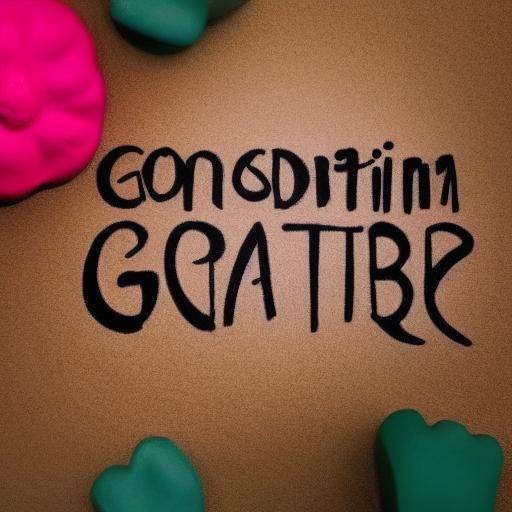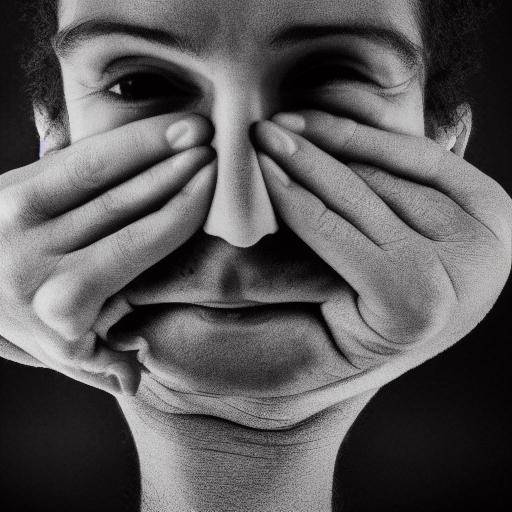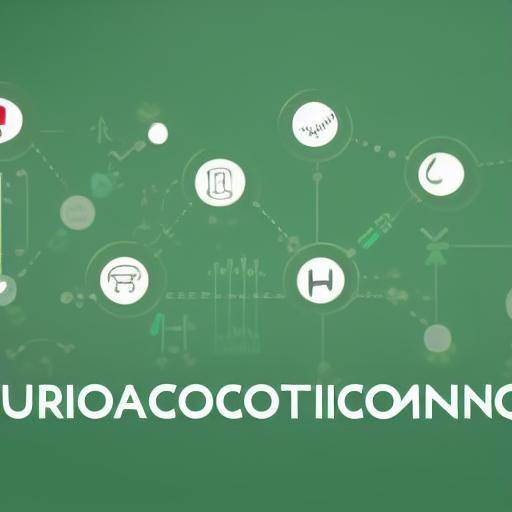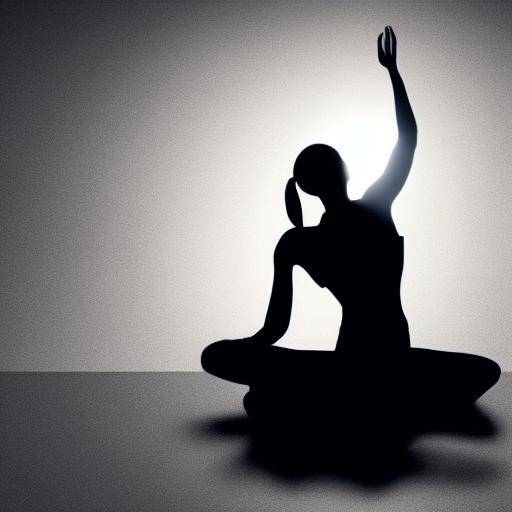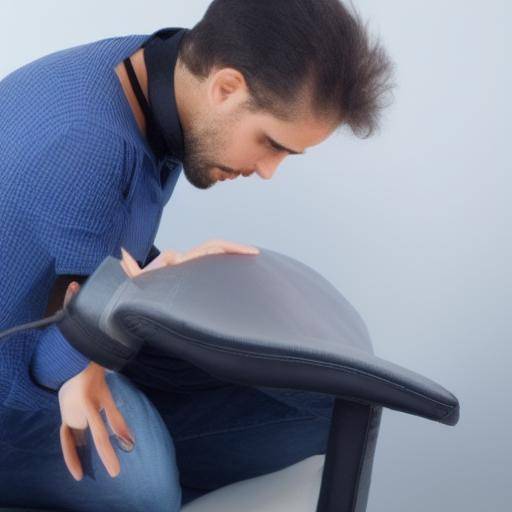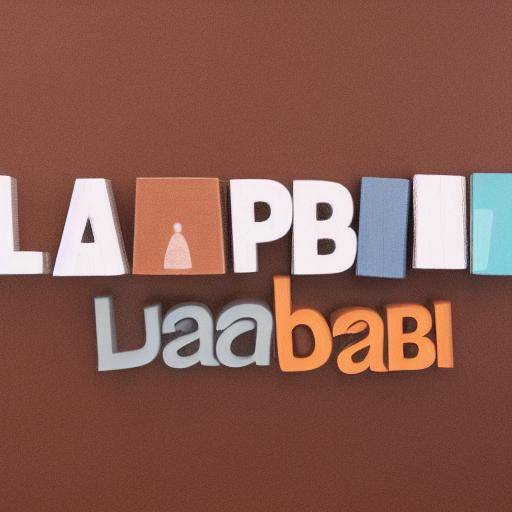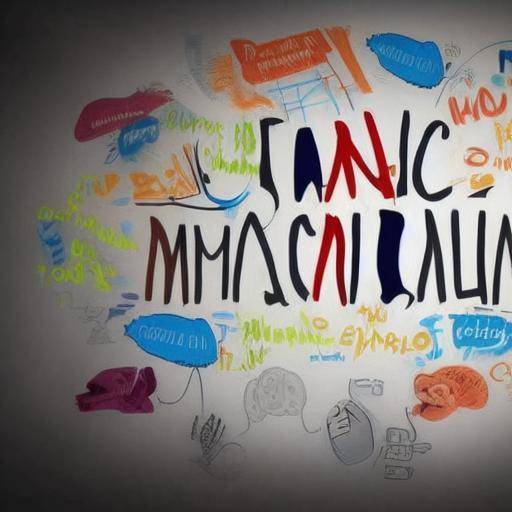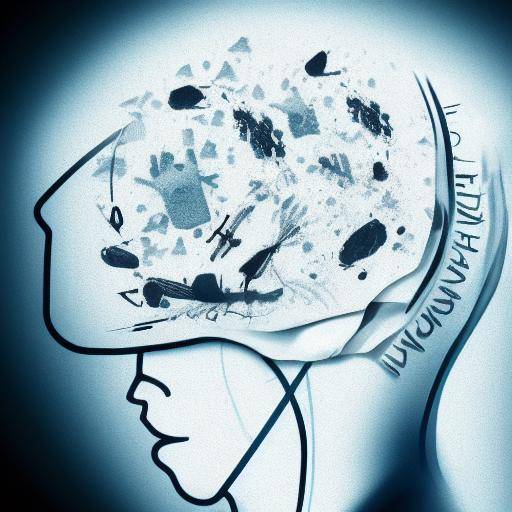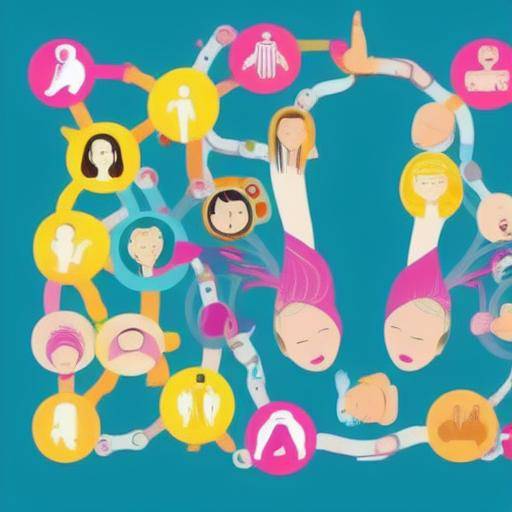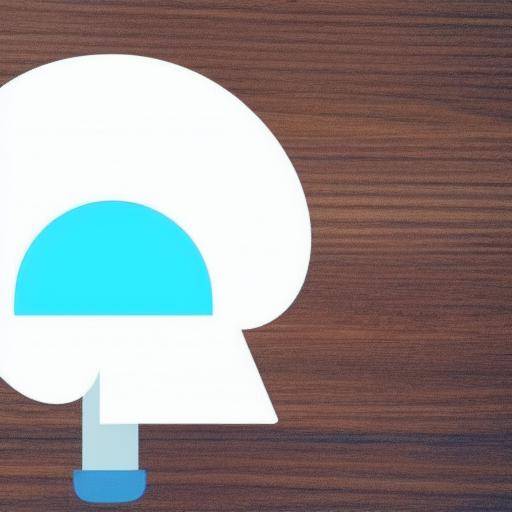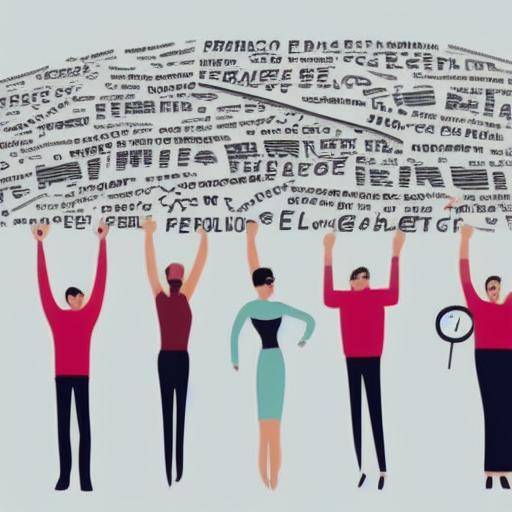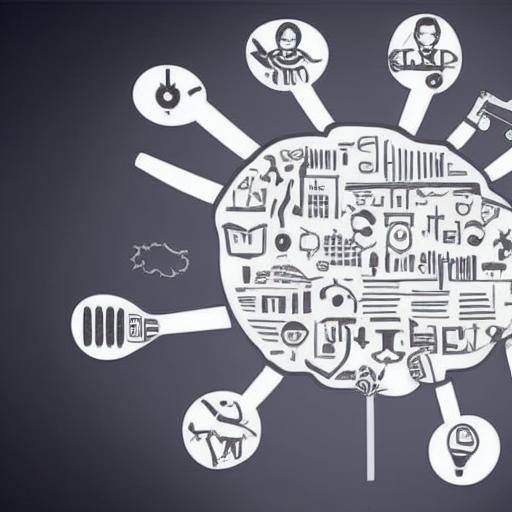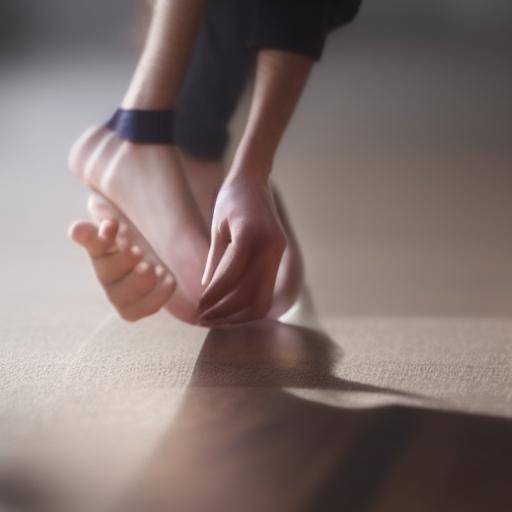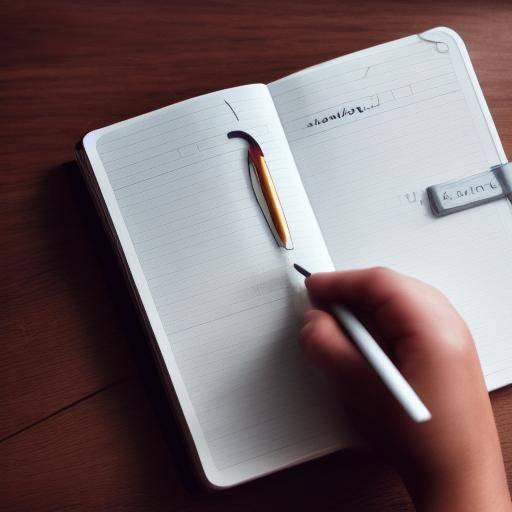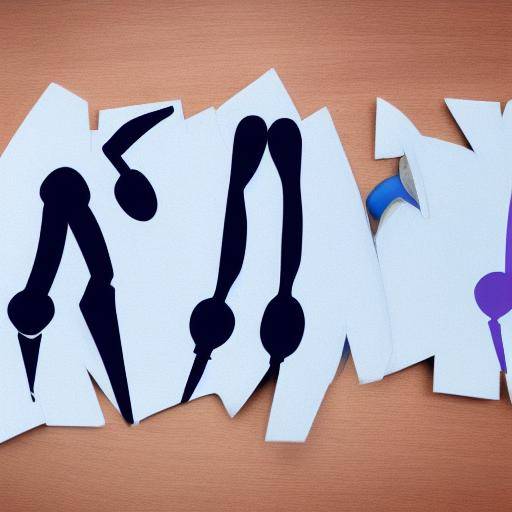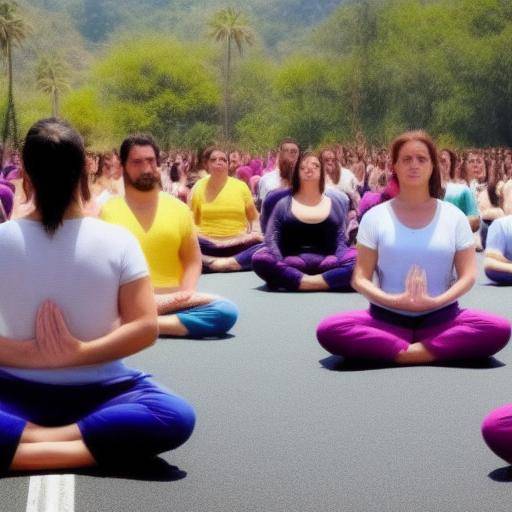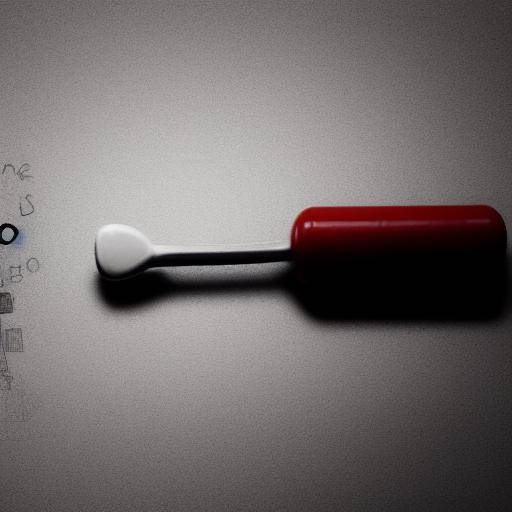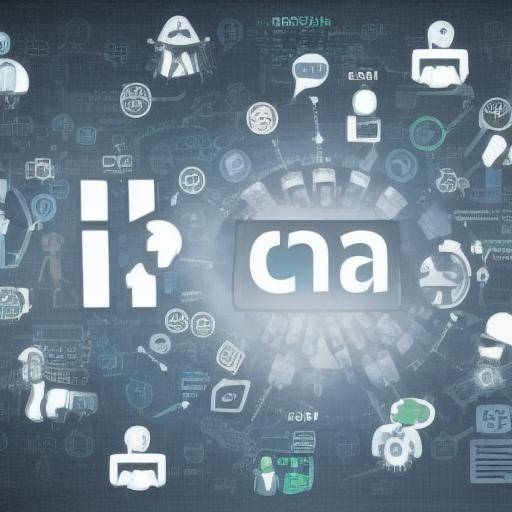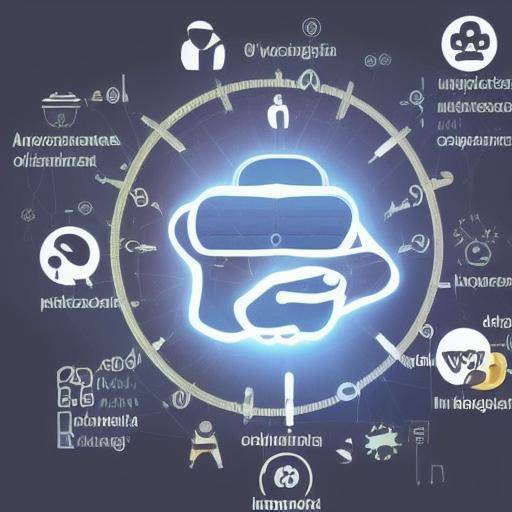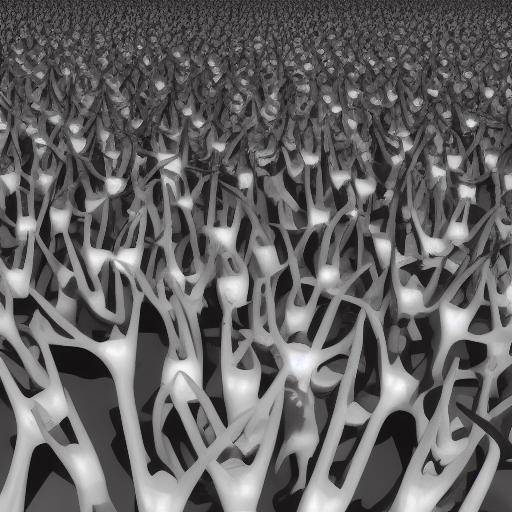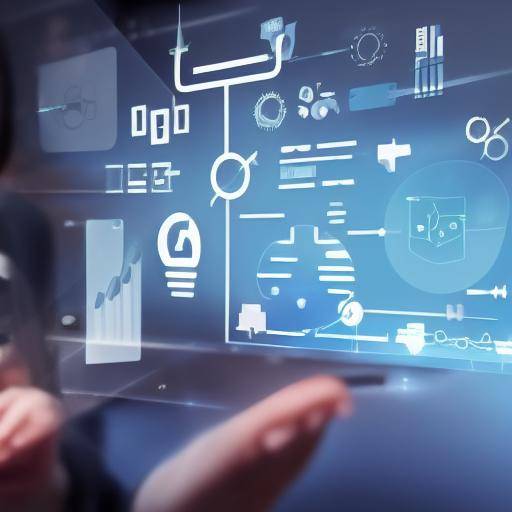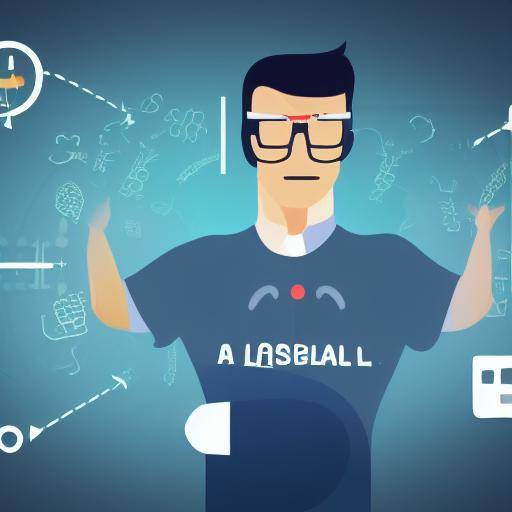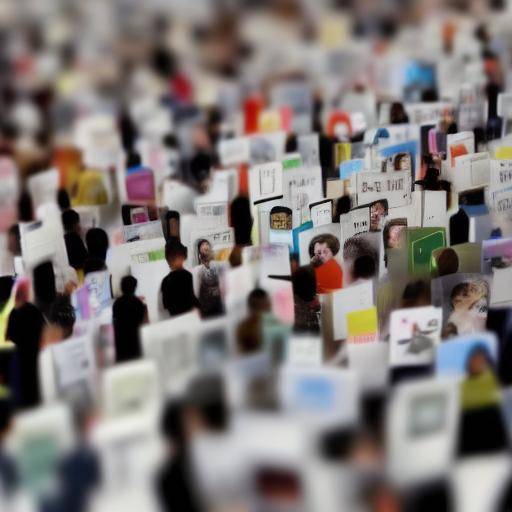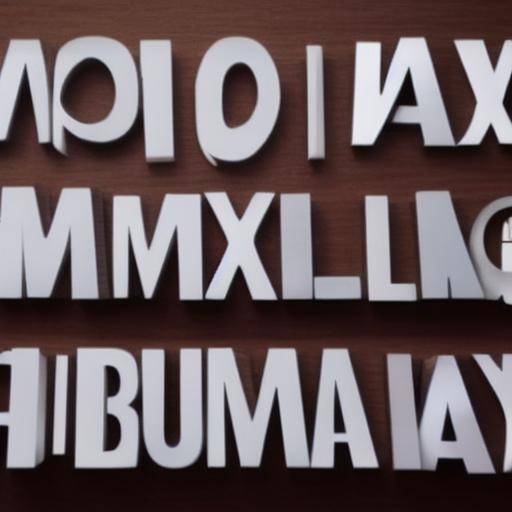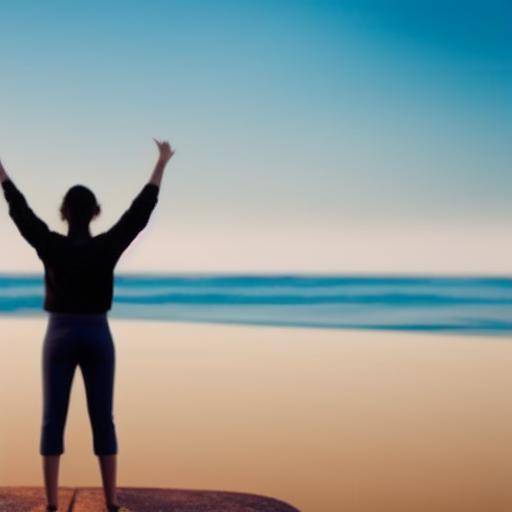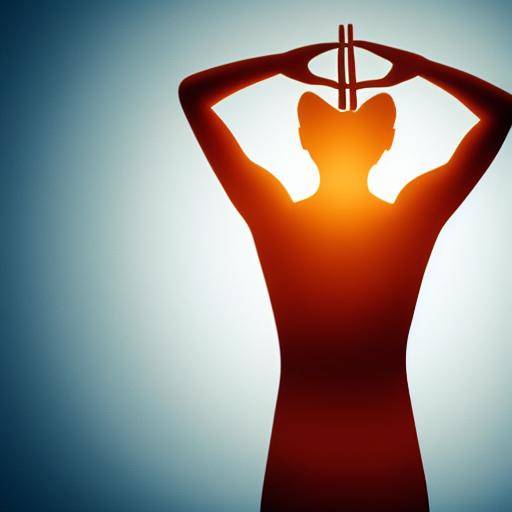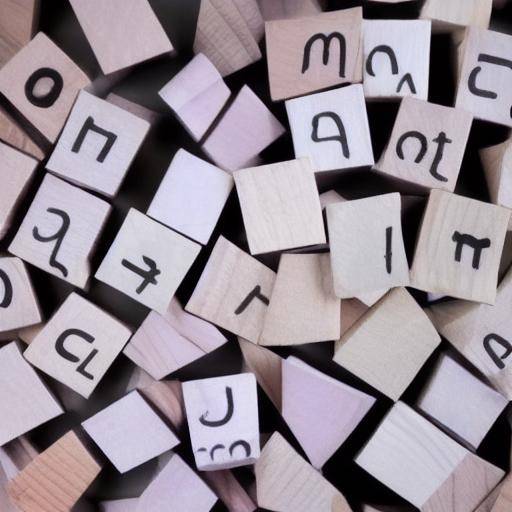
Introduction
The ability to reflect is fundamental to the development of mental flexibility and self-knowledge. In this article, we will explore how to use the technique of reflection to build mental flexibility, understood as the ability to adapt to new circumstances and to see situations from different perspectives. You will discover the importance of reflection in personal growth, as well as its impact on decision-making and problem solving. In addition, we will discuss practical advice to incorporate reflection into everyday life and promote mental flexibility.
History and Background
Reflection as a technique for personal development has deep roots in various Eastern and Western philosophies. Since ancient times, philosophers such as Socrates encouraged self-inquiry as a means of achieving wisdom. In Eastern cultures, the practice of meditation and mindfulness has been fundamental to cultivating the reflective perspective. Throughout history, great thinkers such as Descartes, Kant and Nietzsche have addressed reflection from different approaches.
Analysis in Deep
Reflection not only promotes self-knowledge, but also contributes to mental flexibility by allowing us to question our own beliefs and assumptions. Psychological studies have shown that active reflection stimulates critical thinking and problem solving. In addition, it has been noted that people who practice reflection tend to adapt more effectively to changes and challenges in their lives.
Comprehensive review
The practice of reflection can adopt various forms, from reflection journals to moments of meditation. Incorporating reflection in daily routine can foster mental flexibility, improving the ability to find creative solutions to everyday problems. Through reflection, you can better understand your own thoughts and emotions, which facilitates the handling of stressful situations.
Comparative analysis
By comparing reflection with mental flexibility and self-knowledge, it is clear that these skills are inherently related. Reflection promotes self-knowledge, which in turn facilitates adaptation to new circumstances and challenges, creating a cycle of self-discovery and personal growth.
Practical Tips and Accessible Tips
Some practical advice to foster reflection and mental flexibility include setting up a daily time for reflection, taking a reflection journal, practicing active listening and looking for new experiences. These practices can help expand the mind and open to different perspectives, thereby strengthening mental flexibility.
Industry and Expert Reviews
Experts in psychology and personal development highlight the importance of reflection as a tool for personal growth. They point out that the cultivation of habitual reflection can have a positive impact on mental health, promoting greater emotional resilience and greater ability to manage stress.
Case Studies and Applications in Real Life
Cases of individuals who have adopted the practice of reflection as a tool to promote mental flexibility show their positive impact on everyday life. From business leaders to high-performance athletes, conscious reflection has been key to overcoming obstacles, fostering creativity and improving decision-making.
Future Trends and Predictions
Current trends in psychology and personal development indicate a greater focus on the cultivation of critical thinking skills and adaptation to change. Reflection is a fundamental tool in these processes, being increasingly integrated into educational programs and working environments.
Conclusion
Conscious reflection is a powerful tool to promote mental flexibility and self-knowledge. By incorporating reflection into everyday life, we can achieve greater mental agility and deeper understanding of ourselves and the world around us. With the knowledge and strategies presented in this article, you can start applying the technique of reflection to enhance your mental flexibility and achieve greater emotional and cognitive well-being.
FAQs
1. What is the difference between reflection, mental flexibility and self-knowledge?
Reflection focuses on deep contemplation and self-assessment, while mental flexibility refers to the ability to adapt to different situations and perspectives. Self-knowledge implies understanding our own emotions, motivations and values.
2. How can I begin to practice reflection in my daily life?
A simple way to practice reflection is to allocate a specific time each day for calm contemplation. You can start by asking deep questions about your recent thoughts, emotions and experiences.
3. How can reflection improve my decision-making?
Reflection allows you to question your own beliefs and assumptions, which can lead you to make more informed and creative decisions. By reflecting on the possible consequences of your decisions, you can select the most beneficial option.
4. How can reflection help improve emotional resilience?
By reflecting on your emotions, you can better understand their origin and their impact on your life. This understanding gives you the ability to face and overcome emotional challenges more effectively.
5. Is this the right reflection for all?
The practice of reflection can benefit most people, as it promotes greater awareness and understanding of oneself. However, those who have difficulties facing their own thoughts and emotions may need additional guidance.
6. What are the long-term benefits of continuous reflection?
Regular reflection can lead to greater self-knowledge, more conscious decision-making and greater ability to effectively face challenges. In the long term, it can contribute to greater mental and emotional well-being.
With this detailed guide on reflection, mental flexibility and self-knowledge, we hope you have acquired a solid understanding of these fundamental concepts and how to apply them in your daily life. By fostering the practice of reflection, you can enhance your mental flexibility and experience significant personal growth.

